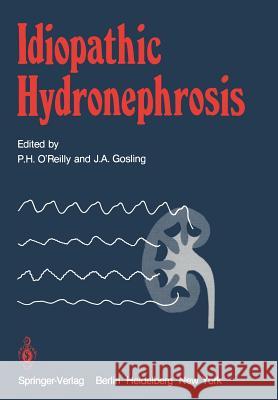Idiopathic Hydronephrosis » książka
Idiopathic Hydronephrosis
ISBN-13: 9781447131106 / Angielski / Miękka / 2011 / 132 str.
For more than a century, the condition now known as Idiopathic Hydronephrosis has been recognised as a clinical entity, and following the original description by Rayer in 1841 a variety of procedures were devised in attempts to correct the condition surgically. Most of these early methods were introduced in the last decade of the nineteenth century by several illustrious clinicians, including Trendelenburg, KOster, Fenger and Sutton. For many years diagnosis was based purely upon the patients presenting signs and symptoms and not until the early part of this century was technology available to assist in the pre-operative diagnosis of the condition. Early methods depended upon radiological techniques, and the introduction of the retrograde pyelogram by Voelcker and Lichtenberg in 1906 represented a significant advance in diagnostic methodology. Other methods also dependent upon radiographic techniques were subsequently introduced, including urography in the late 1930s by Swick, and more recently, the method of cineradio- graphy, as pioneered with considerable success by Peter Narath in the decade following World War II. During the past 50 years a variety of surgical procedures have been introduced for the treatment of idiopathic hydronephrosis. That so many different methods have been devised suggests that no one specific technique is capable of achieving a complete cure in all cases.











